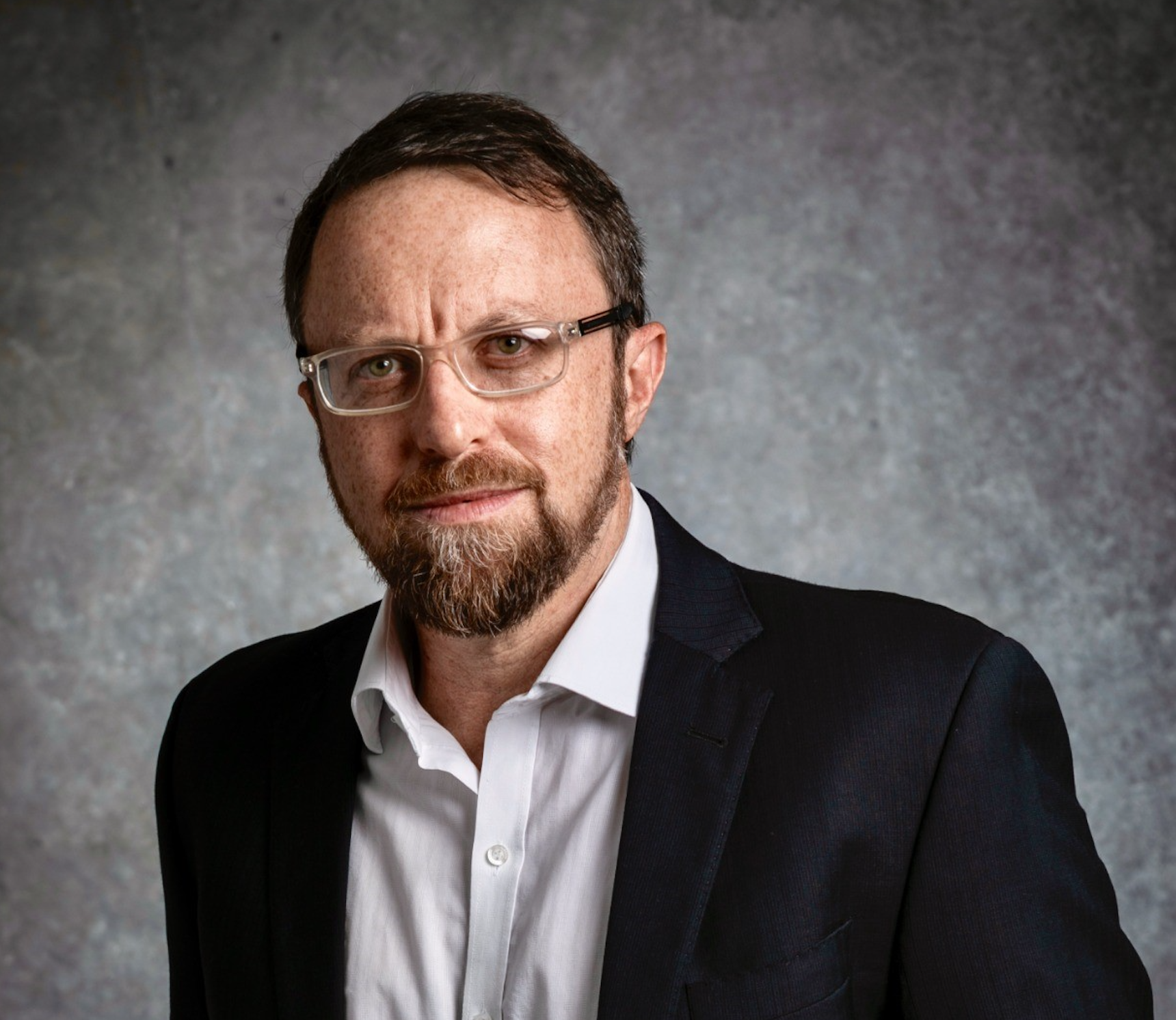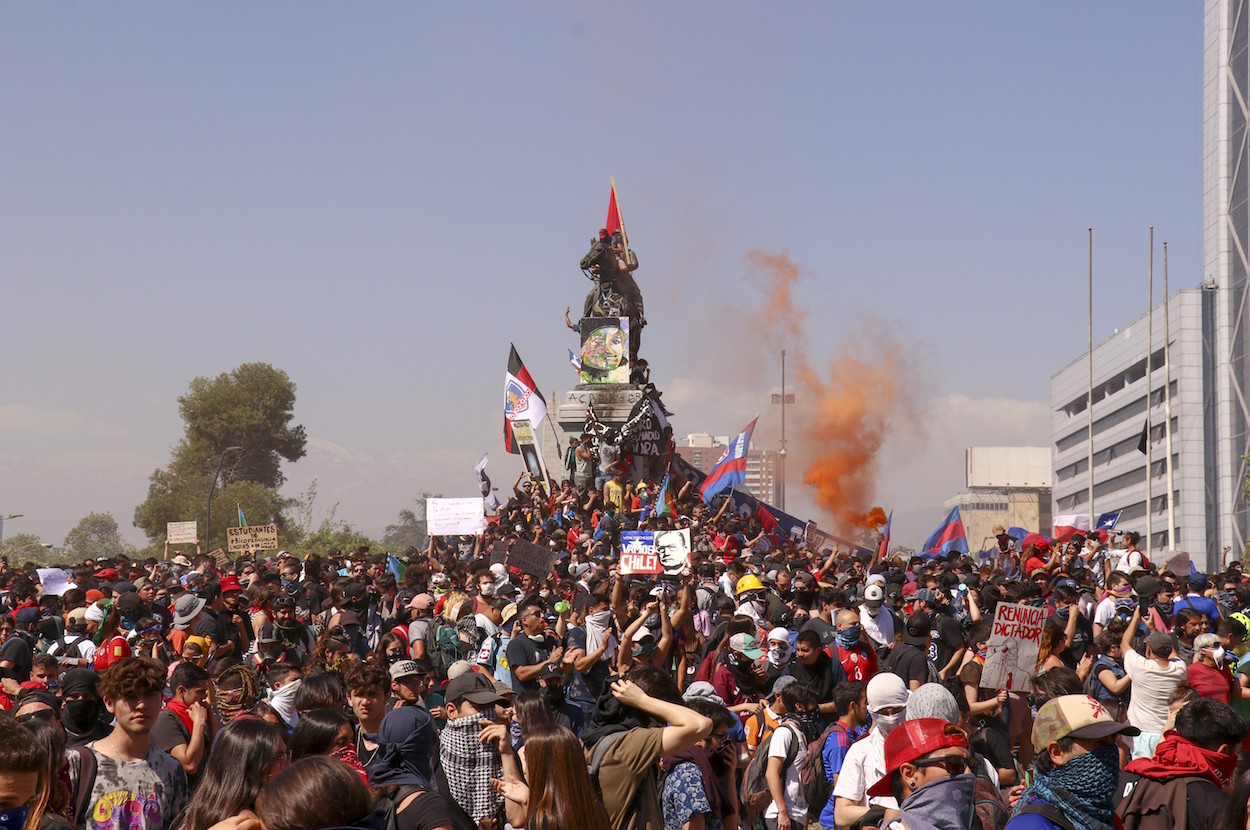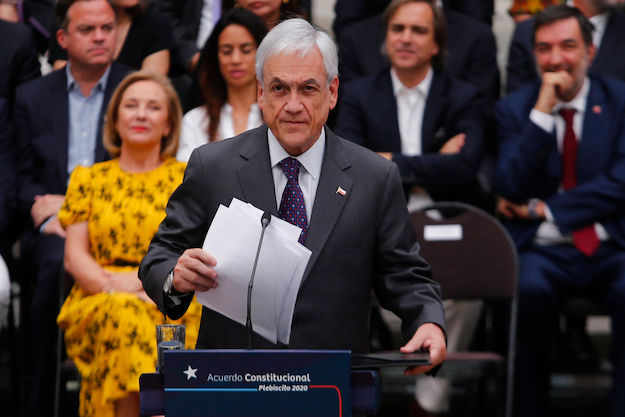RIO DE JANEIRO – It has become conventional wisdom to compare the current protests in Chile to Brazil’s “Marches of June,” which took place six years ago. Then as now, what began with a small group of college students protesting against an increase in public transportation fees quickly became a national catharsis, with hundreds of thousands in the streets. I worked then as the Dilma Rousseff administration’s spokesperson. Looking back, there may be some lessons that 2013 Brazil can impart to Chile in 2019.
Three months before the demonstrations started, Rousseff’s approval rating was over 60%, a record. So when the protests first started in São Paulo, few people in Brasília gave it attention. Even when the riots gathered over 50,000 people, it was still regarded as a local matter. In Brazil as in Chile, arrogance and a lack of understanding made the government late to react.
Once the true scope and meaning of the demonstrations became clear, Rousseff’s government took the opposite tack – trying every possible option to calm things down. The government hired more than 10,000 Cuban doctors to help public health care in remote places, created a multi-billion-dollar program for the professional training of teenagers, offered generous tax exemptions for companies that did not lay off their employees, and encouraged state governments and municipalities to borrow billions of dollars to construct subways and new bus lines. Within two years, Brazil was essentially broke – and collapsed into its worst recession in decades. Large fiscal deficits were a big reason why.
In 2018, when I wrote a book on Brazilian economics, I asked former finance minister Guido Mantega about those measures. He told me: “The demonstrators wanted better public services. They asked for a bigger state. And we gave them a bigger state.” Nelson Barbosa, who became finance minister in 2016, said: “The government had many options to answer the riots – some good, some bad. But they just pressed all the buttons they could.”
The Marchas de Junho changed Brazilian politics forever. It is an exaggeration to blame the protests for the election of Jair Bolsonaro as president in 2018, but 2013 was the moment when the relationship between Brazilian society and the political establishment broke for good. The simplistic idea that corruption had embedded the entire political system became a major electoral idea. So, whatever the problems were – public health, urban violence, basic education, unemployment – they could all be fixed if corruption was extinguished, many people believed. As the American journalist H.L. Menken once wrote: “For every complex problem there is an answer that is clear, simple and wrong.”
So, the first lesson Brazil 2013 can give to Chile 2019 is that nothing will ever return to normal. Street movements of such intensity are turning points for society’s relationship with their elected representatives, but also for consumers with their favorite brands – and even for citizens with democracy. The new normal is more and more voices claiming their rights and reaffirming their positions – exercising a citizenship that screams loudly and does not always behave with good manners. It’s better to get used to it.
The second lesson, which holds true for every presidential system, is that at the end of the day, the president will always be at fault. Those with power in their hands will answer for all the mistakes of their predecessors. The past isn’t an excuse anymore. People will not necessarily wait for the electoral calendar to try to remove a public official from office.
Last but not least, in this new polarized society, where arguments are replaced by shouting, the possibility of a consensus is almost nil. In a polarized environment, candidates treat their opponents as enemies to be extinguished. The desire of each side of the political spectrum to crush the other side is sometimes greater than the desire for victory itself. Moderate alternatives may shrink, and voters end up choosing one side of the ring. The country may end up in a quagmire.
Yes, one could argue that true leaders will help society to heal its wounds and move on. But politicians like that are hard to find anywhere today.
¡Ojalá que Chile tenga mejor suerte! I hope Chile has better luck.
—
Traumann is a journalist and independent consultant. He is the author of O Pior Emprego do Mundo (“The Worst Job in the World”), a book about Brazilian finance ministers.








